Podcasts that mention 📚 The Theory of Moral Sentiments by Adam Smith
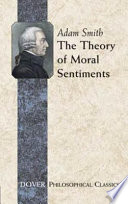
The Theory of Moral Sentiments
Mentioned 36 times in 13 episodes across 9 podcasts.
Podcasts that mention The Theory of Moral Sentiments by Adam Smith
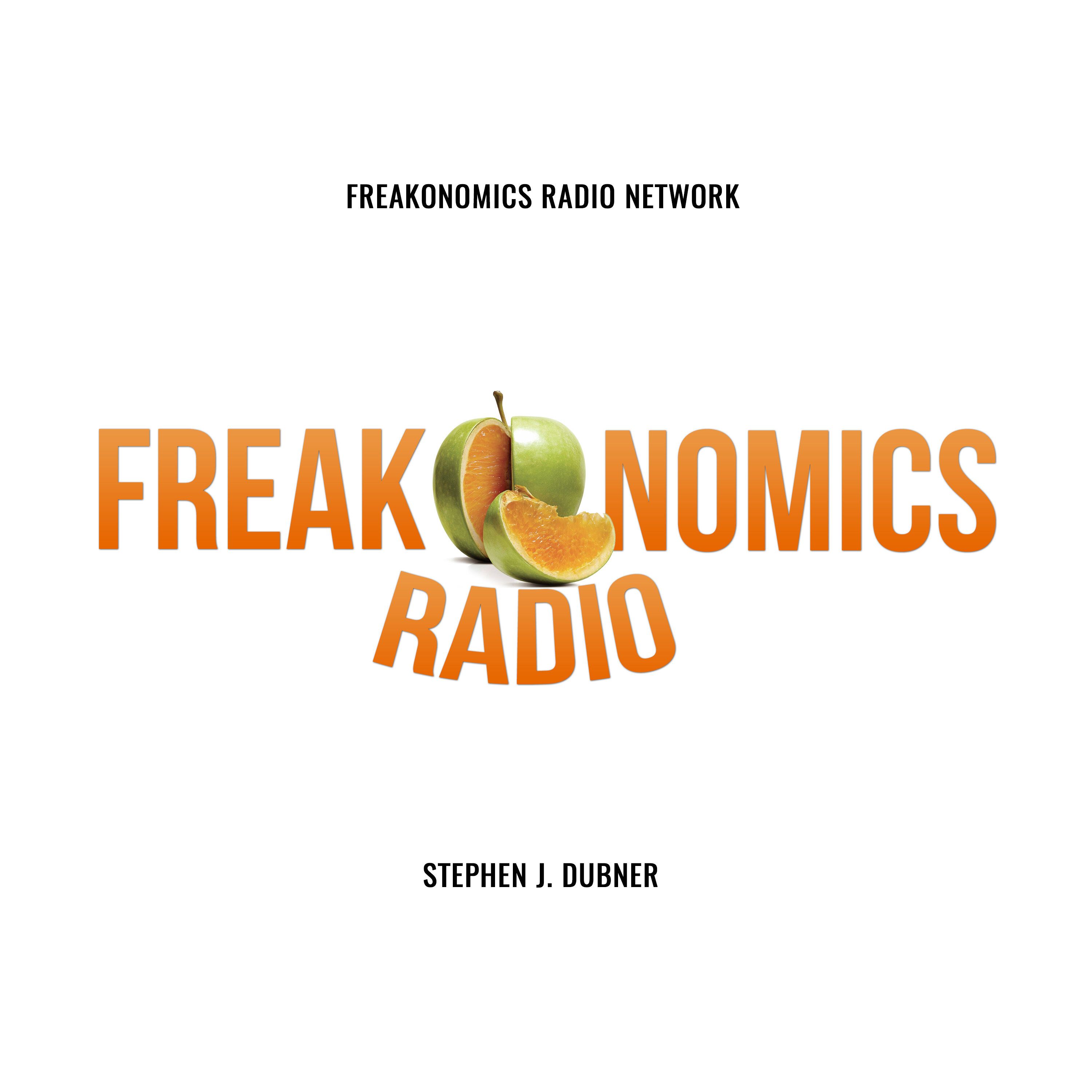
Freakonomics Radio episodes that mention The Theory of Moral Sentiments by Adam Smith
Episode: Can Adam Smith Fix Our Economy? | Freakonomics Radio | Episode 527
Published on January 4, 2023
While he was able to make meaningful revisions to The Theory of Moral Sentiments and The Wealth of Nations during his time at Panmure, he was also, unfortunately, really busy with his day job.
In this segment, 'The Theory of Moral Sentiments' is discussed, highlighting the revisions made by Adam Smith while he was at Panmure House.
Some people have suggested that, and they've said that if you look at some of the changes made to the very final edition of The Theory of Moral Sentiments after she had passed away, some of the passages might be interpreted as reducing the religious context.
In this segment, the podcast examines The Theory of Moral Sentiments and discusses how certain changes in its final edition may be seen as diminishing its religious undertones.
I know The Wealth of Nations is the most famous book, but for me, as mentioned earlier, it's the Theory of Moral Sentiments that serves as the true guide.
'The Theory of Moral Sentiments' is described as 'the true guide' when compared to the more popular 'The Wealth of Nations'.
I'm sure he'd have risen with the sun and done some work on his revisions to The Theory of Moral Sentiments and The Wealth of Nations before he put on his dress coat and wandered up Edinburgh's beautiful Royal Mile.
The mention describes how Adam Smith likely began his day, working on revisions to 'The Theory of Moral Sentiments' and 'The Wealth of Nations', while also painting a picture of his life in Edinburgh.
It was in this 17th century building that Smith completed the final editions of his two masterworks: The Theory of Moral Sentiments and, of course, The Wealth of Nations.
During the discussion, the book 'The Theory of Moral Sentiments' was highlighted as one of the two significant works completed by Adam Smith in the building being described.
It's in The Theory of Moral Sentiments, but it's understood in a richer context in The Theory of Moral Sentiments.
The book 'The Theory of Moral Sentiments' is mentioned twice as part of a discussion about its context and understanding, particularly relating to the thoughts of Adam Smith.
She didn't read the first book, The Theory of Moral Sentiments, clearly, but she read the second one and did use that as an authority to promote her economic theories and activities and policies.
In the discussion, it's noted that Margaret Thatcher did not read 'The Theory of Moral Sentiments' but used a different book by Adam Smith as a foundation for her economic theories and policies.
Episode: Was Adam Smith Really a Right-Winger? | Freakonomics Radio | Episode 526
Published on January 2, 2023
The concepts of sympathy in The Theory of Moral Sentiments and self-interest in The Wealth of Nations are perfectly compatible.
The podcast discusses 'The Theory of Moral Sentiments' in relation to 'The Wealth of Nations', highlighting how the concepts of 'sympathy' and 'self-interest' can coexist within Adam Smith's philosophy.
I think the real Adam Smith Problem is that most economists and politicians who refer to The Wealth of Nations for guidance have simply not read The Theory of Moral Sentiments.
In the podcast, the host argues that many economists and politicians who cite 'The Wealth of Nations' for insights have likely not read Adam Smith's earlier work, 'The Theory of Moral Sentiments.'
Throughout these recent episodes, we have likewise been reevaluating Adam Smith, hoping that it too will yield benefits.
The host reflects on the ongoing reevaluation of Adam Smith, particularly drawing on insights from his work, 'The Theory of Moral Sentiments,' to highlight potential benefits that may arise from this reassessment.
Yet, reading The Theory of Moral Sentiments made me realize that many other influences affect us.
The guest reflects on how reading 'The Theory of Moral Sentiments' by Adam Smith helped him understand that various influences beyond just monetary incentives play a significant role in shaping human behavior.
Thus, I want to know how the act of reading The Theory of Moral Sentiments affected you.
The host inquires about the impact that reading 'The Theory of Moral Sentiments' had on the guest, especially in light of Adam Smith's insights into human motivations.
After reading The Theory of Moral Sentiments and pondering its content, did your economist colleagues think you had softened?
The guest is asked if his colleagues' views of him had softened after he read and contemplated 'The Theory of Moral Sentiments.'
If you're going to read just one paragraph from this work, this might be the one: Man naturally desires not only to be loved but also to be lovely or to be the proper object of love; He naturally dreads not only to be hated but also to be hateful or to be the proper object of hatred; He desires not just praise but praiseworthiness or to be that which, though it should be praised by no one, is still the natural and proper object of praise; He fears not only being blamed but also blameworthiness or to be that which, though it should be blamed by nobody, is nonetheless still the natural and proper object of blame.
In the podcast, a specific passage from 'The Theory of Moral Sentiments' by Adam Smith is quoted, highlighting the significance of being deserving of love and praise.
There’s one passage from The Theory of Moral Sentiments that Roberts emphasizes heavily in his book.
In this segment, the speaker highlights a particular passage from 'The Theory of Moral Sentiments' that Roberts emphasizes in his own book.
My book attempts to reintroduce modern readers to Adam Smith's overlooked masterpiece, The Theory of Moral Sentiments.
The guest shares that his book aims to help modern readers rediscover Adam Smith's neglected work, 'The Theory of Moral Sentiments'.
Glory Liu discusses this theory, which posits that Smith changed his mind or had a change of heart between writing The Theory of Moral Sentiments in 1759 and The Wealth of Nations in 1776.
In this segment, Glory Liu elaborates on Adam Smith's evolving theories as reflected in his two major works, 'The Theory of Moral Sentiments' and 'The Wealth of Nations,' highlighting the contradictions that have sparked debate and are referred to as the 'Adam Smith Problem.'
If you read both of Adam Smith's major works, The Theory of Moral Sentiments and The Wealth of Nations, you might conclude that there is not just one Adam Smith but two.
The discussion highlights 'The Theory of Moral Sentiments' alongside 'The Wealth of Nations', indicating a contrast in Adam Smith's perspectives that implies the existence of different aspects to his philosophical identity.
Episode: In Search of the Real Adam Smith | Freakonomics Radio | Episode 525
Published on January 2, 2023
There were just the two books: The Theory of Moral Sentiments and The Wealth of Nations, with multiple editions of each since he was an inveterate reviser.
In this segment, the podcast host highlights 'The Theory of Moral Sentiments' as one of the two significant works by Adam Smith, alongside 'The Wealth of Nations', while noting that Smith was known for revising his texts extensively.
Coming up, we hear from one Smith scholar who agrees that The Theory of Moral Sentiments is the more interesting, richer, and in many ways, the more innovative of the two books.
In this segment, podcast host Stephen Dubner introduces a discussion featuring a Smith scholar who highlights the innovative aspects of 'The Theory of Moral Sentiments', describing it as richer and potentially more interesting than another of Smith's works.
You see the humanity and understanding of people from The Theory of Moral Sentiments even more so than from The Wealth of Nations.
In this segment, podcast host Stephen Dubner discusses the insights of 'The Theory of Moral Sentiments,' highlighting its portrayal of human nature and empathy, comparing it to Adam Smith's other work, 'The Wealth of Nations.'
I think my understanding of Smith has moved on; that would have been the book which people would have recognized, but for Smith, of course, there's no question about it, The Theory of Moral Sentiments is an extremely important book.
A guest speaker discusses how their understanding of Adam Smith has evolved, highlighting the significance of 'The Theory of Moral Sentiments' as a key work that many people recognize.
It doesn't say The Theory of Moral Sentiments, but The Theory of Moral Sentiments tells you so much more about Smith than what The Wealth of Nations does.
Stephen Dubner discusses how 'The Theory of Moral Sentiments' provides deeper insights into Adam Smith's thoughts compared to his more famous work, 'The Wealth of Nations'.
And these are the questions that animate Smith's first book, The Theory of Moral Sentiments.
In this segment, host Stephen Dubner discusses 'The Theory of Moral Sentiments,' highlighting it as the foundational book that addresses moral judgment questions.
Maybe you have read some of Smith's first book, The Theory of Moral Sentiments, but probably not.
In this segment, host Stephen Dubner discusses Adam Smith's first book, 'The Theory of Moral Sentiments', suggesting that it is less commonly read compared to Smith's other renowned work.
The Theory of Moral Sentiments, The Wealth of Nations; those were the books Adam Smith left behind.
In this segment, Stephen Dubner highlights 'The Theory of Moral Sentiments' as one of the significant works authored by Adam Smith, alongside 'The Wealth of Nations'.
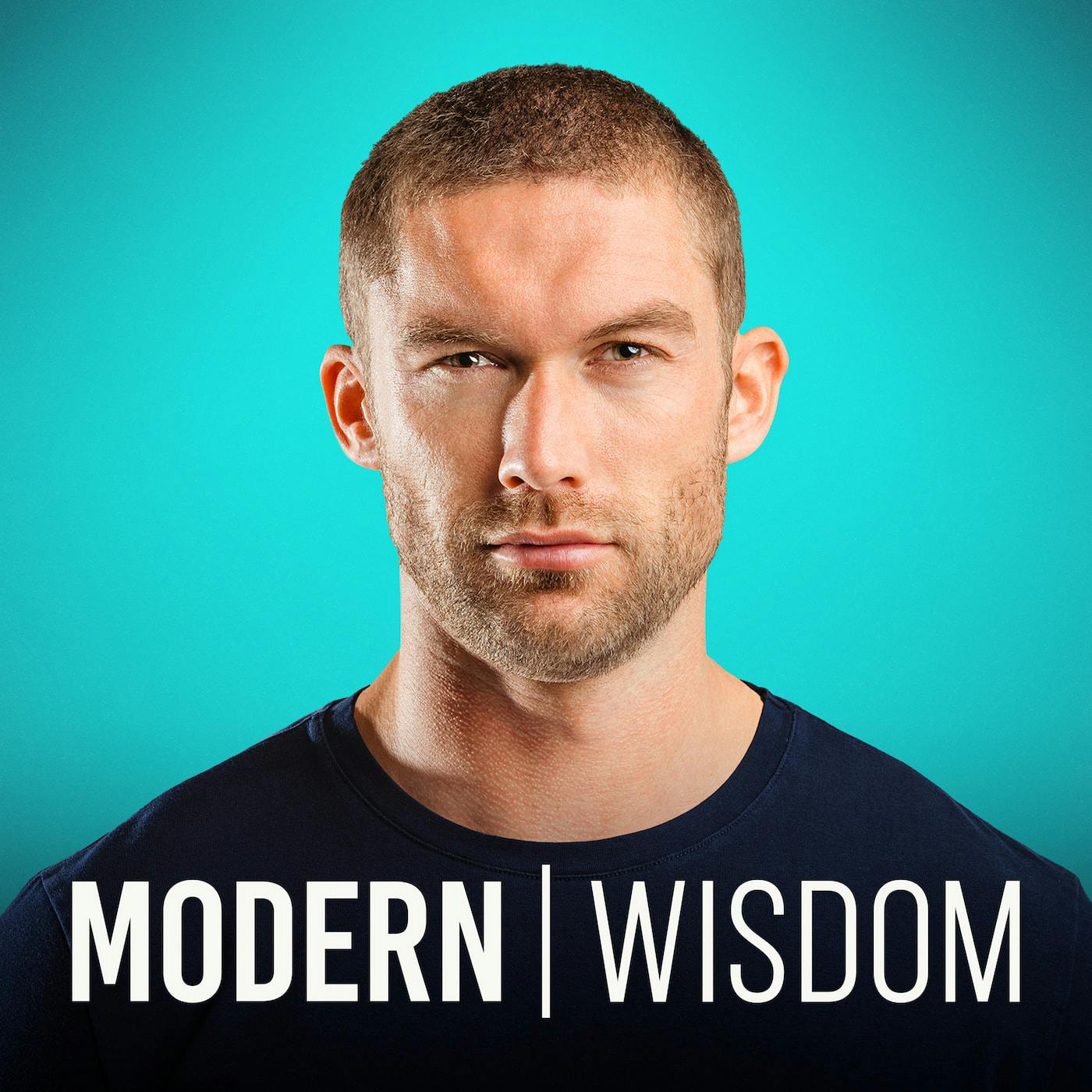
Modern Wisdom episodes that mention The Theory of Moral Sentiments by Adam Smith
Episode: How Marketing Reshapes Our Brains | Prince Ghuman & Matt Johnson | Modern Wisdom Podcast 180
Published on June 6, 2020
we he even gave us a shout out for the book and he read it and he endorsed it
Prince mentions that Adam Alter endorsed their book.
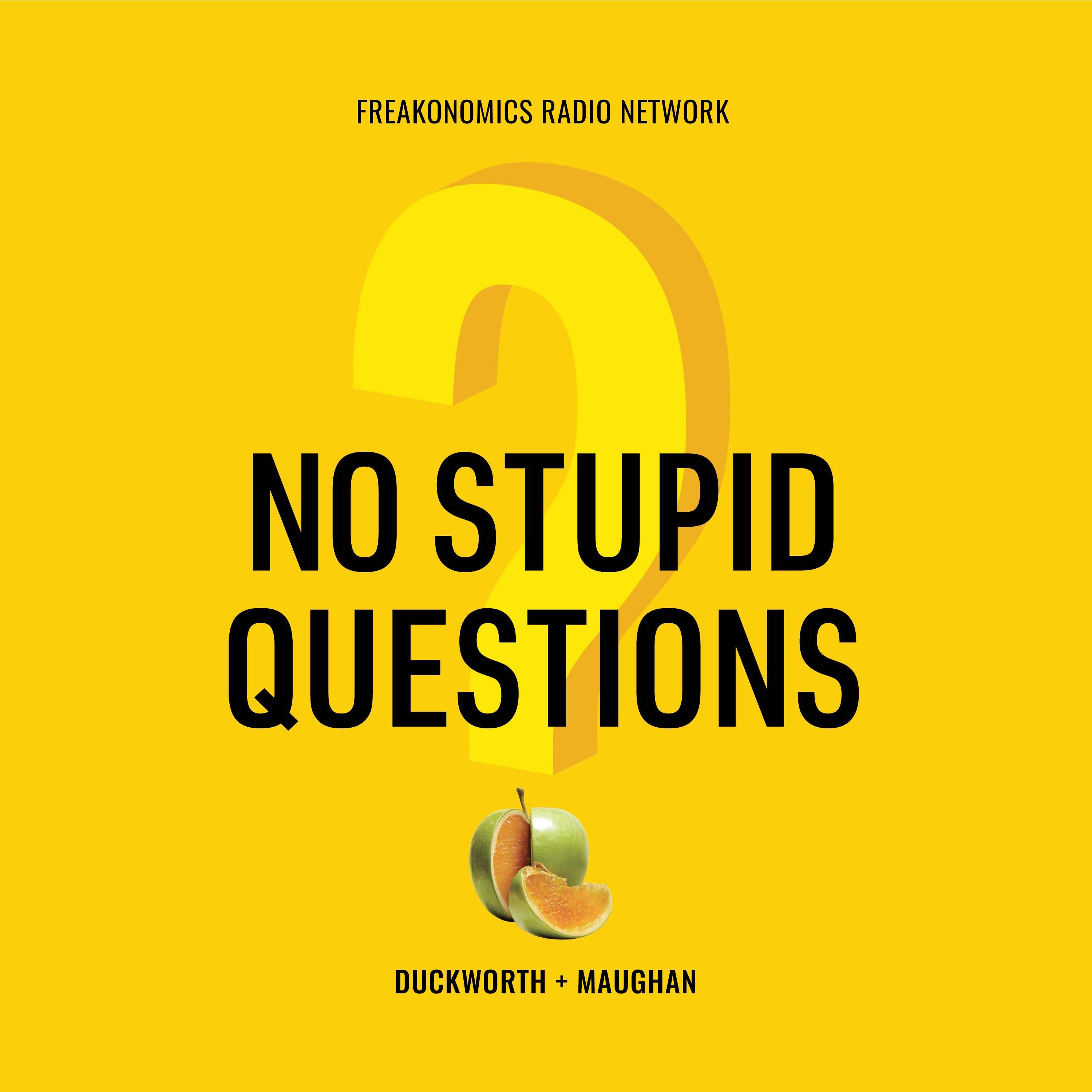
No Stupid Questions episodes that mention The Theory of Moral Sentiments by Adam Smith
Episode: Is It Wrong to Enjoy Yourself While the World Is Burning? | No Stupid Questions | Episode 132
Published on January 31, 2023
Well, the Theory of Moral Sentiments...
In the episode, Angela Duckworth refers to Adam Smith's book 'The Theory of Moral Sentiments' while discussing concepts related to moral circles and self-interest.
Episode: Why Do We Forget So Much of What We’ve Read? | No Stupid Questions | Episode 24
Published on January 19, 2023
because when Adam Smith said that we all want to be praised and we all want to be praise worthy I think it was in a theory of moral sentiments
Angela quotes Adam Smith, mentioning his book as the source of the quote.
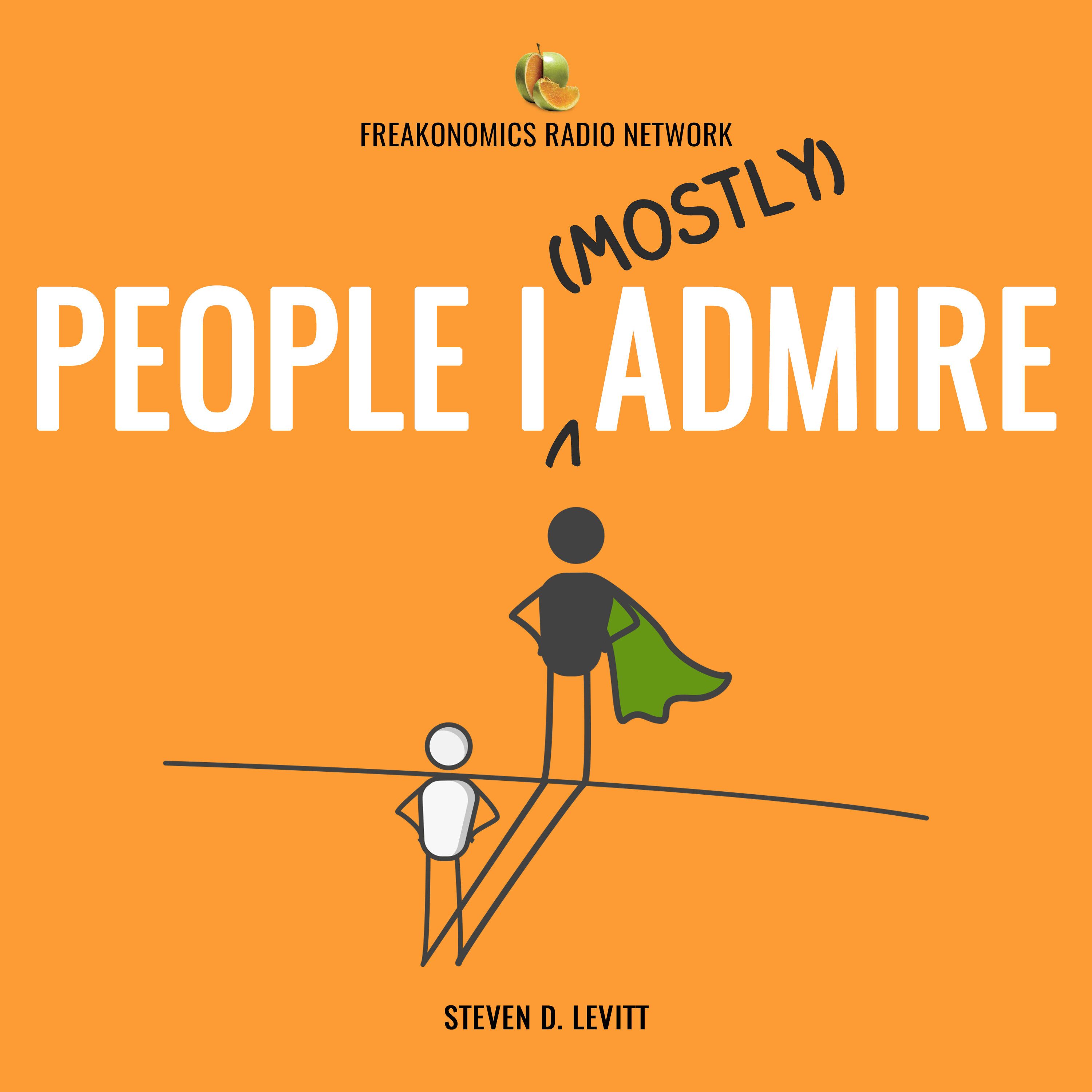
People I (Mostly) Admire episodes that mention The Theory of Moral Sentiments by Adam Smith
Episode: Peter Singer Isn’t a Saint, But He’s Better Than Steve Levitt | People I (Mostly) Admire | Ep 90
Published on July 21, 2023
You're referring to the Adam Smith of The Wealth of Nations, but there's also the Adam Smith of The Theory of Moral Sentiments.
In the podcast, the host highlights that in addition to 'The Wealth of Nations,' there is another important work by Adam Smith titled 'The Theory of Moral Sentiments.'
Episode: Peter Singer Isn’t a Saint, But He’s Better Than Steve Levitt | People I (Mostly) Admire | Ep 90
Published on January 6, 2023
You're referring to the Adam Smith of The Wealth of Nations, but there's also the Adam Smith of The Theory of Moral Sentiments.
Peter Singer points out 'The Theory of Moral Sentiments' by Adam Smith in a discussion contrasting Smith's two influential works, highlighting the distinction between ethics, explored in the former, and economics, which is the focus of the latter.

The Daily Stoic episodes that mention The Theory of Moral Sentiments by Adam Smith
Episode: Admiral Bill McRaven On Capturing Sadam Hussein And Honorable Leadership
Published on May 20, 2024
Adam Smith, before he wrote The Wealth of Nations, he wrote this philosophy book; he was taught by a professor who was a big fan of Stoics and it’s called The Theory of Moral Sentiments.
In this segment, the podcast host discusses Adam Smith's earlier work, 'The Theory of Moral Sentiments,' highlighting its philosophical significance and its connection to Stoic teachings.

The Joe Rogan Experience episodes that mention The Theory of Moral Sentiments by Adam Smith
Episode: Joe Rogan Experience #1088 - Bryan Callen
Published on March 7, 2018
Adam Smith the father of capitalism was also living with his mother when he wrote the Moral Sentiments man and the wealth of nations
Bryan Callen mentions Adam Smith and his book 'The Moral Sentiments'.

The Megyn Kelly Show episodes that mention The Theory of Moral Sentiments by Adam Smith
Episode: Biden's Foreign Policy Failures, Rise of Woke Police, and the Value of Religion, with Niall Ferguson
Published on April 21, 2023
and the Scottish Enlightenment which after all produced uh some of the greatest ideas human beings have ever had think of Adam Smith's contribution The Wealth of Nations the theory of moral sentiments that's the kind of intellectual Legacy that I think of myself as being uh uh responsible for
Niall Ferguson mentions Adam Smith's contributions, specifically naming "The Theory of Moral Sentiments" as part of the intellectual legacy of the Scottish Enlightenment.

The Rubin Report episodes that mention The Theory of Moral Sentiments by Adam Smith
Episode: On Midterm Elections & the Future of Politics | Glenn Beck | MEDIA | Rubin Report
Published on October 19, 2018
the second volume is Wealth of Nations the first volume is Moral Sentiments
Glenn Beck mentions Adam Smith's "Moral Sentiments" as the first volume, contrasting it with the second volume, "Wealth of Nations".

Timcast IRL episodes that mention The Theory of Moral Sentiments by Adam Smith
Episode: Timcast IRL - MTG Shares EXPLICIT Images From Hunter Biden's Laptop w/ Vivek Ramaswamy
Published on July 20, 2023
Adam Smith's first book was actually about ethics
Vivek Ramaswamy mentions Adam Smith's first book and its topic (ethics).
If you’d like to explore more in The Theory of Moral Sentiments, you can purchase it here:
